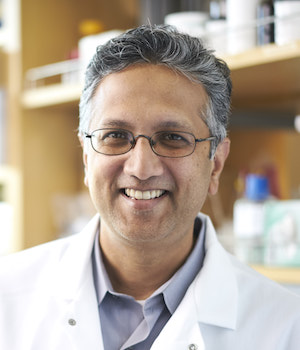Lunch @UCSF with Shuvo Roy – Can we build an artificial kidney?
Lunch @UCSF with Shuvo Roy – Can we build an artificial kidney?
DOWNLOADABLE GUIDE TO SUNDAY EVENTSThe waiting list for kidney transplants in the United States has grown to more than 100,000 people, but the number of available kidneys has remained stagnant for the past decade, and only about one in five candidates is expected to receive a transplant.
More than 430,000 of those with kidney failure now undergo dialysis, which is more costly and less effective than transplantation and typically requires hours-long stays at a clinic, three times weekly. Only about one in three patients who begins dialysis survives longer than five years, in comparison to more than four in five transplant recipients.
For years, Shuvo Roy has been trying to tackle these pressing problems by creating an artificial kidney designed to be connected directly to a patient’s blood supply. One component of the new artificial kidney is a silicon nanofilter to remove toxins, salts, some small molecules, and water from the blood. The second major component is a “bioreactor” that contains human kidney tubule cells embedded within microscopic scaffolding. These cells perform metabolic functions and reabsorb water from the filtrate to control blood volume. Unlike human kidney transplant recipients, patients with the implantable artificial kidney will not require immunosuppressive therapy, according to Roy. Preliminary preclinical studies indicate that the non-reactive coatings developed for device components are unlikely to lead to filter clogging or immune reactions, and bioreactor cells can survive for at least 60 days under simulated physiological conditions.
Hear the latest about this cutting-edge device at lunch with Shuvo Roy.
Registration is required.

